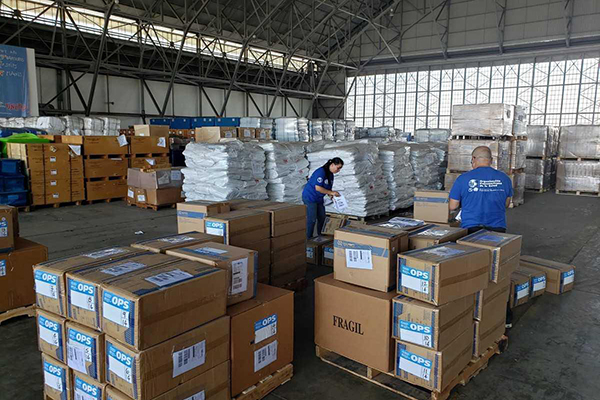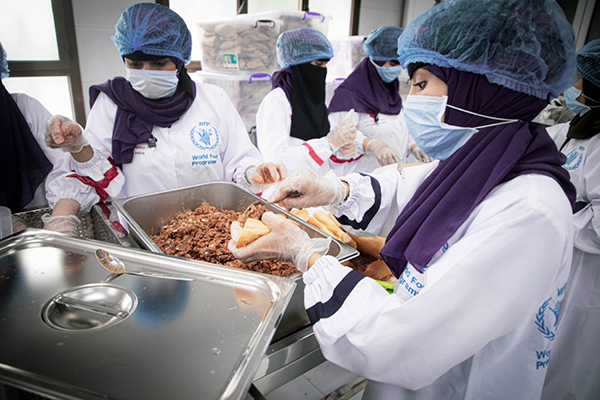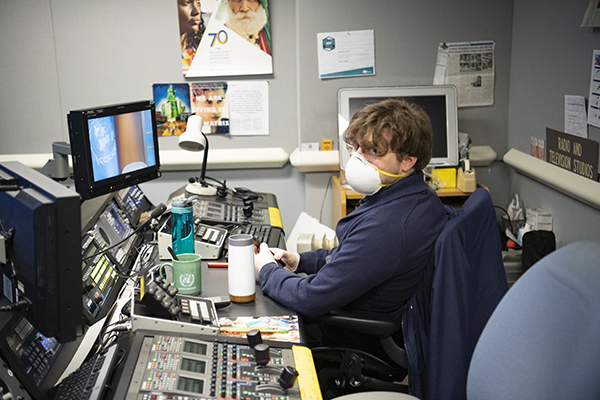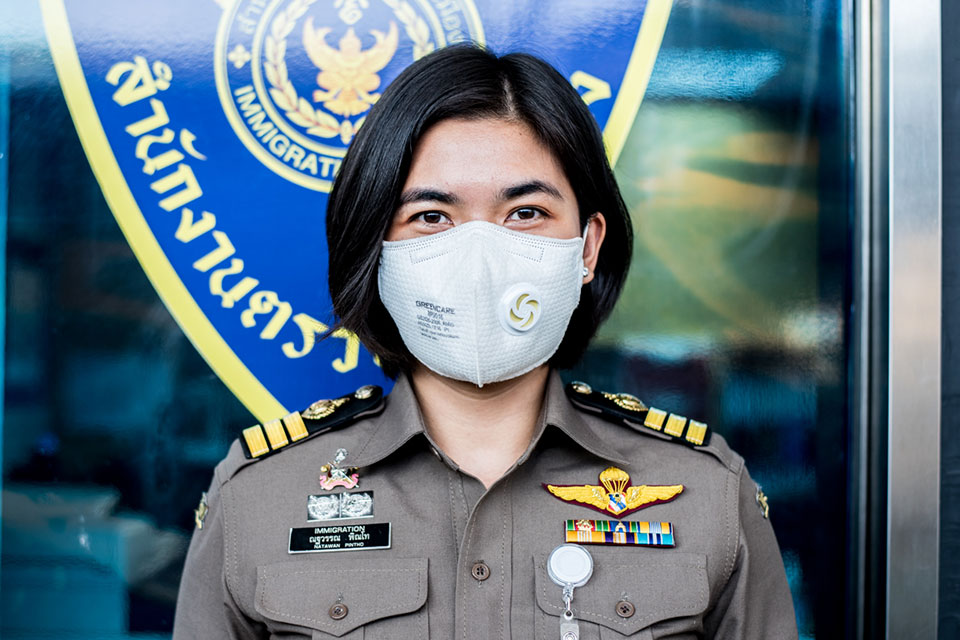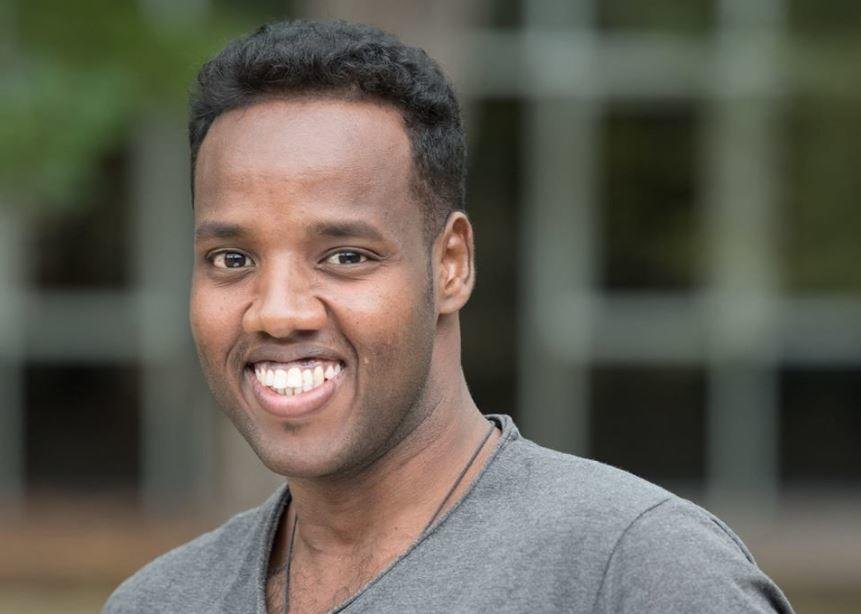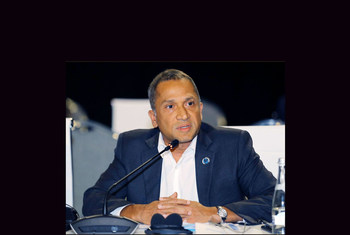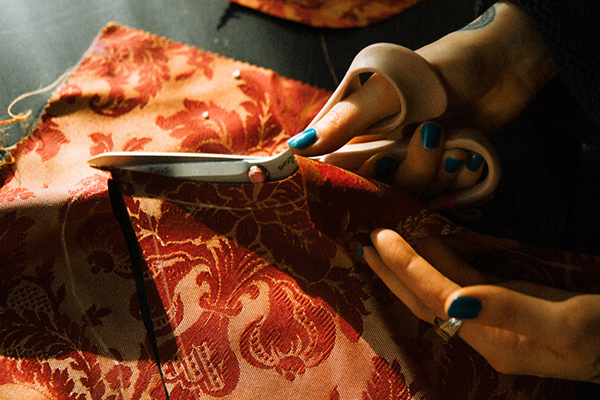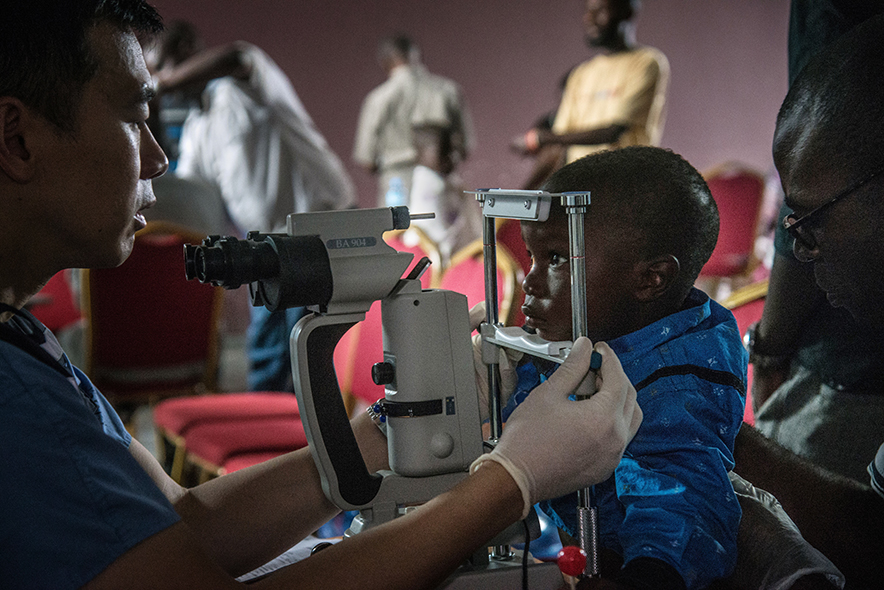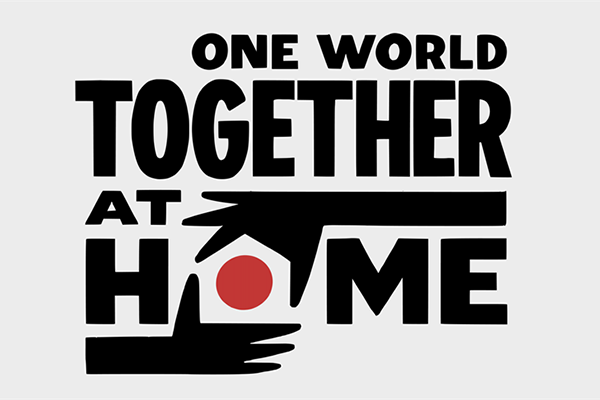Half of the total number of learners – some 826 million students – are kept out of the classroom by the COVID-19 pandemic for not having access to a household computer. Even so, digitally based distance learning is used to ensure educational continuity. The Global Education Coalition, launched by UNESCO, includes ITU, in seeking to facilitate inclusive learning opportunities for children and youth during this period of sudden and unprecedented educational disruption.
Health
All countries must fight back against the coronavirus, an invisible enemy, but not all begin from the same starting line. The heads of the United Nations’ major agencies have issued a warning of the risk of COVID-19 to the world’s most vulnerable countries. Humanitarian organizations from across the world, therefore, call upon you to urgently support this global emergency supply system with an initial $350 million to enable a rapid scale-up of logistics common services.
The United Nations Population Fund (UNFPA) reports how disease outbreaks affect women and men differently. Pandemics worsen existing inequalities for women and girls. Women represent 70 percent of the health and social sector workforce globally. They are also most susceptible in times of crisis due to the higher risk of domestic violence. Therefore, it is essential to include women at all levels of the response and recovery efforts, including decision-making. UN Women encourages Governments take five specific measures.
Join us live now on UN WebTV for ‘One World Together At Home,” a global television and streaming special organized by the World Health Organization (WHO), together with international advocacy organization Global Citizen, and curated in collaboration with superstar singer-songwriter Lady Gaga, to celebrate frontline health care workers around the globe in their unrelenting battle against the COVID-19 pandemic. Funding pledges will go to the COVID-19 Solidarity Response Fund for WHO – as well as to local charities providing food, shelter and healthcare.
The United Nations is mobilizing international cooperation to harness the power of science to tackle the coronavirus pandemic, while also working with partners to explore innovative crisis response tools. WHO is gathering the latest scientific findings and knowledge on coronavirus disease (COVID-19) and compiling it in a database, after bringing together 300 scientists, researchers, national public health experts across the world to assess the current level of knowledge about the new virus and identify research priorities and gaps.
Collective efforts and solidarity between employers and workers organizations is critical to respond effectively to the impact of the COVID-19 pandemic in the world of work. COVID-19 has in many parts of the world jeopardized the health and safety of millions of people, and put immense pressure on businesses, jobs, and livelihoods. In crisis settings, collaboration and dialogue between employers and business membership and workers’ organizations can boost accelerated recovery.
Half the world is under stay-home orders, that means four billion people in 90 countries. COVID-19 has impacted us all, but most of the decisions taken are by men and the voices we hear are often male. Yet, the majority of front-line health workers are women. The care burden on women has grown exponentially. UN Women is bringing the voices of women on the front lines of the pandemic. Here are some s(h)eroes who are out there, every day, protecting and serving their communities.
As the COVID-19 pandemic turns into a global crisis, countries are taking measures to contain the pandemic. Supermarket shelves remain stocked for now.
The COVID-19 pandemic has sparked an outpouring of solidarity from people around the world. This reaction includes refugees keen to help in the countries where they now live. Many refugees in Europe involved in medicine in their home countries are finding new ways to use their skills to help care for those in need. The UN Refugee Agency (UNHCR) features the stories of doctors from Libya and Somalia, among refugee medics joining the battle to fight COVID-19 and save lives.
While the COVID-19 pandemic is wreaking havoc around the globe, the remoteness of the Pacific Islands has left people living there vulnerable in many different ways.
Despite being confronted with an unprecedented threat, the International Fund for Agricultural Development (IFAD) partners with Brazilian organizations to quickly coordinate small rural producers to create hairnets and gowns for the local health departments. These efforts would not enjoy nearly as much success without the solidarity they have demonstrated – and which, as UN Secretary-General António Guterres reminds us, is crucial to overcoming the COVID-19 pandemic.
To support the global COVID-19 response and to celebrate the brave healthcare workers saving lives on the frontlines, WHO and Global Citizen partner to bring people together.
Nature is sending us another wake-up call with the COVID-19 pandemic, alongside Australian bushfires, broken heat records and the worst locust invasion in Kenya for 70 years. Our destruction of nature is hurting humanity. While our immediate priority must be to protect people from COVID-19 and prevent its spread, our long-term response must tackle climate change and biodiversity loss. To prevent further zoonotic disease outbreaks the destruction of nature for farming, mining and housing must end.


